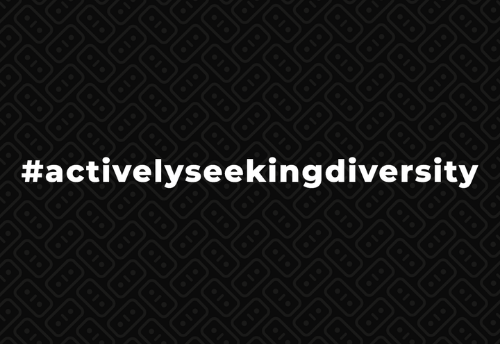How to Battle Writer's Block | Kicks Digital Marketing
While I am not a writer by trade, I do quite a bit of writing for Kicks. I write proposals and collaborate on brand messaging for clients, contribute to social media posts on occasion, and I commit to my fair share of blog posts. I enjoy it. It’s something that allows me to ‘switch gears’ and revert inward versus tapping into the extraverted demands of business development.
Normally, writing inspiration comes easily. I see something out in the world, or I have an off-the-wall exchange that strikes a chord and down the rabbit hole I go. Yet, in the recent months of fully remote work, that type of inspiration is harder to come by. As a human, degrees of motivation are on a free-flowing spectrum and can vary greatly day by day.
As it pertains to writing on behalf of a company, I’ll say this, ‘hope is not a strategy.’ Planning to be randomly or seasonally inspired when a blog, email, or social content is needed isn’t a fool-proof plan. In fact, it’s a great way for much needed organic content to get swiftly deprioritized. Company content requirements should lean on a carefully crafted strategy, that allows for direction, timing and quality from its contributors; and not reliant on each subject matter expert to feel a mythical calling to a random topic of their choice.
Why does writer’s block occur?
While there is a multitude of reasons, here are some common themes:
You aren’t ready. Your thoughts need to be more fully-formed. Half baked ideas generally produce half baked results.
You haven’t given yourself permission to fail. Writers and creators are infamously stereotyped as perfectionists. It’s not uncommon for writers or artists to edit, iterate, and stall because ‘it’s not quite good enough yet.’
You’re afraid. Similarly to this toxic perfectionism trait, writers know that once they publish something for everyone to see it’s open-season on criticism. If you’re writing something as an authority figure on a particular subject matter this can be especially trying for those that suffer from imposter syndrome.
How do you battle through writer’s block?
There is no one-size-fits all prescription, but here are some of my tried and true techniques:
Taking a walk or a dance break can really help get your head in gear. Never underestimate the power that physical exercise can have on your brain.
Much like a sleepless night in bed, sometimes it’s best to seek a new environment. Subtle shifts like moving from your desk to a quieter, more comfortable nook can make a big difference.
Warning: if your profession is exclusively writing, use this tactic sparingly. Sometimes a cup of a coffee or a little bowl of yogurt can help your mind transition from thought to action. It’s a short little break that allows you to mentally polish the idea before taking your thoughts to your keyboard.
Occasionally the keyboard isn’t my friend and a blinking cursor feels daunting, but something about doodling and brainstorming on a piece of paper that I’ll inevitably throw away feels comforting.
Did you know Google Docs has a microphone feature so you can type with your voice? If typing or writing isn't doing it for you, speaking your thoughts might just do the trick. It only works on Google Chrome and your computer must have a microphone, so make sure you've got that set up before attempting.
Fidget spinners, paddle balls, or tinkering around with legos use kinetic energy, which removes the pressure of performance. You’re focused on keeping the hacky sack in the air, not poking holes in your next flawed idea.
Especially in the haze of these Corona-filled days, make sure that you’re stimulating your brain influences outside of your home. Podcasts, movies, Netflix documentary binges, and books are some of the best places for a creative mind to wonder.
People have their preference between the two, but nonetheless creating a working flow of where you want the work to go can help you organize your thoughts and allow you to work out of order.
If you haven’t curated your go-to creative playlist, what are you waiting for? While I love hard rock, even metal, I generally can’t BEGIN a piece of work headbanging. Mellow, coffeehouse indie-folk tracks normally speak to me more in those moments where I know what I need to do, but I need to be calm enough to do it.
Lastly, similar to physical exercise the energy, calm, focus and endurance that can come from intentional inhales and exhales cannot be understated. Body focus allows your mind to focus as well.
And, above all else. You can overcome writer’s block by (wait for it…) writing—one word at a time and expressing your deep thanks for the fantastic computing powers of the delete button.
This content was originally published here.

